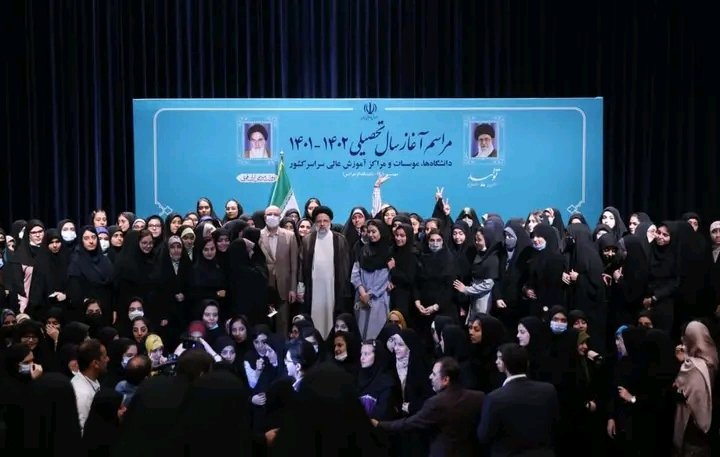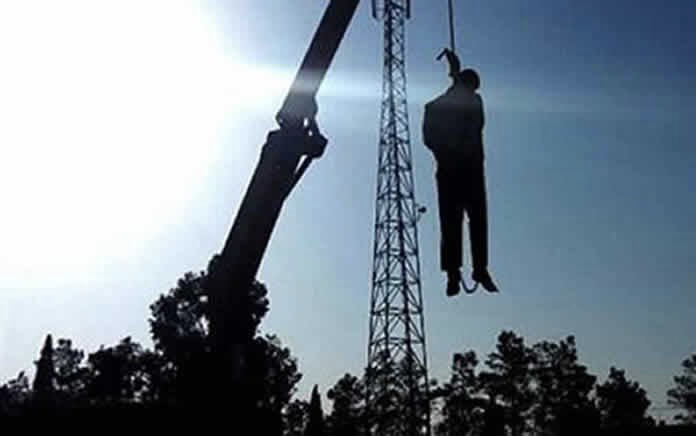There has been an 89 percent increase in executions in Iran, with 428 people including two juvenile offenders and 12 women executed in the "first ten months of 2022".
The Alliance for Rights of All Minorities (ARAM) revealed that executions spiked by 98 percent between October 10 2021 and October 7, 2022 compared to the same period last year. What's alarming is that the rate of women's executions increased by 55 percent. Iran has emerged as the world's record holder for execution of women. The Women's Committee of the National Council of Resistance of Iran (NCRI) says no government in the world has executed so many women.
Since May 2007, Iran has executed at least 201 women. In 2019, at least 16 women were hanged, and in December of the same year, six women were executed by the regime in prisons across Iran. The NCRI says the Iranian regime executed 18 women in 2021, seven from November 22 – December 21. The group highlighted that many women are currently awaiting execution in prison, some of which are being held in Qarchak Prison on death row – these women are mostly mothers and have several children.
It should be noted that the actual figures are higher as the Iranian regime carries out most executions secretly without anyone knowing except those who carry them out.

Gender Bias and Discrimination
According to the NCRI, many of the women executed are themselves victims of domestic violence and have acted in self-defense. The women's group highlighted that the Iranian regime open-handedly uses the death penalty as a form of punishment. In many cases, religious and ethnic minorities, political dissidents and women are targets of the death penalty in a discriminatory manner.
The NCRI draws special attention to the circumstances of the women sentenced to death. It includes the social status of these women, gender bias and discrimination which is embedded within Iran's penal code and civil laws pertaining to capital punishment.

Golrokh Ebrahimi Iraee, a political prisoner, wrote in a letter in 2019 about women who were sentenced to death for murder. "In meeting women convicted of murder, I learned that a large percentage of them had murdered their husbands – instantly or based on a premeditated plan – after years of being humiliated, insulted, battered and even tortured by them, and because of being deprived their right to divorce. Iraee wrote that these women consider themselves criminals and are convinced that if any of their repeated appeals for divorce had been granted, they would not have committed such a crime.
Islamic Shari'a Law
Iran's executions are issued based on Islamic laws (Shari'a). Reports reveal that, in May, Iran sentenced 51 people to death by stoning for adultery – including 23 women. In July, the Iran Human Rights Group highlighted the execution of a former child bride. Amnesty International has also accused Iran of embarking on a horrific execution spree in recent months.
In the 1980s, tens of thousands of young women and girls were executed by the clerical regime for opposing the mullahs' tyranny and oppression. They also refused to renounce their beliefs in freedom and quality.
Now, the NCRI urges the United Nations and its member states to take action to stop repression in Iran It calls on the UN Women and all women's rights associations to intervene to secure the release of all detainees and political prisoners, particularly female prisoners. The group called for Iranian's membership at the UN Commission on the Status of Women to be revoked.








